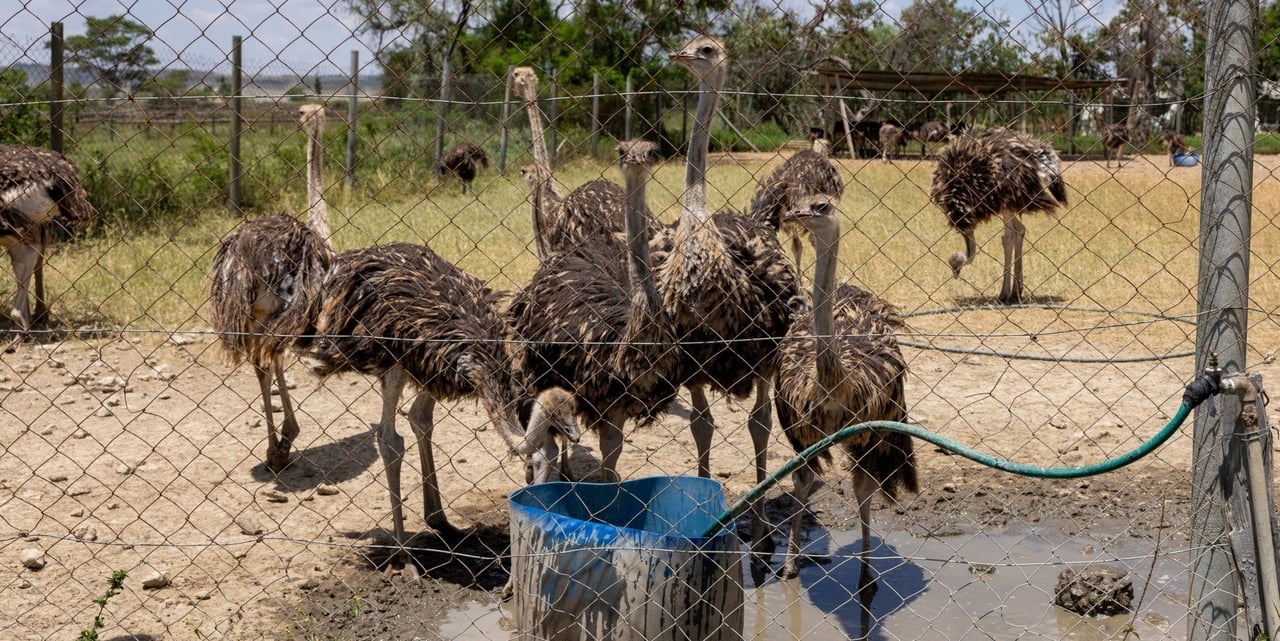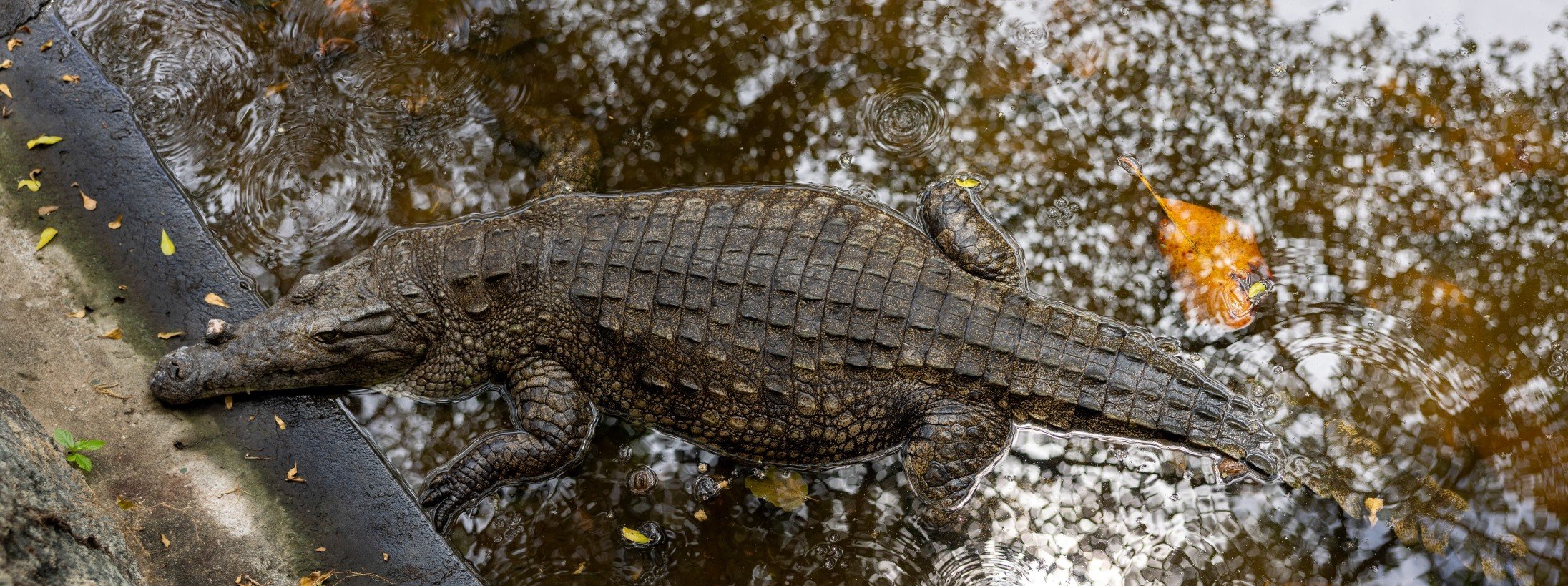Imagine living your entire life in a cage, unable to roam, socialise, or express your natural instincts. Sadly, this is the daily reality for thousands of wild animals in Kenya, animals born to be free, now trapped behind bars in the name of profit.
Wildlife farming in Kenya is a growing crisis. Animals like parrots, crocodiles, tortoises, and snakes are being bred, caged, and traded, not to conserve them, but to commercialise them. What looks like a conservation effort on the surface hides a system built on cruelty and exploitation.
What Is Wildlife Farming and Why Is It a Problem?
Wildlife farming involves the breeding and keeping of wild animals in captivity for commercial purposes, including the sale of their meat, skins, or live bodies for the pet trade or tourism. In Kenya, it has quietly expanded with little public scrutiny or legal clarity.
These farms are not sanctuaries. Most animals are kept in conditions far from their natural habitats. They live in small, barren enclosures, often denied enrichment, proper nutrition, and humane care. Their suffering is hidden far from the public eye.
What the Data Shows: A Crisis Exposed
Our report, “Behind Bars: Lifting the Lid off Kenya’s Cruel Wildlife Farming”, reveals the shocking scale of this issue:
- More than 177 crocodiles are held in cramped pens, raised for their skins and meat.
- At least 700 ostriches, are bred for trade.
- Over 550 reptiles, such as tortoises, and snakes, are kept in substandard conditions
- Approximately 83% of the venues had been operating for more than five years, with some as old as 60 years
Conditions observed in many facilities include chronic stress, insufficient shelter, inadequate diets, and absence of veterinary care. These are not isolated cases, they reflect a systemic issue enabled by poor regulation and lack of enforcement.
Why Wildlife Farming Is Dangerous for Everyone
This is more than an animal welfare issue. Wildlife farming threatens our ecosystems, public health, and Kenya’s international conservation reputation.
- Legal loopholes allow wild-caught animals to be laundered through permitted farms, fuelling illegal trade
- Unhygienic conditions in wildlife farms increase the risk of zoonotic disease transmission
- Antimicrobial resistance (AMR) can develop from improper drug use in captive environments
- Tourists and locals alike are misled into thinking these farms are ethical or educational
- True conservation is undermined, as breeding wild animals for profit shifts focus away from protecting their natural habitats
Download the Full Report
What We’re Asking
This is our moment to stop the cruelty. We are calling on the Government of Kenya to:
- Ban wildlife farming for commercial purposes, end the breeding, sale, and trade of wild animals for profit
- Strengthen animal protection and conservation laws, closing legal loopholes and enforcing existing protections
- Invest more in true conservation, protect animals in the wild, not behind bars
- By taking action, Kenya can lead the region in ethical conservation and set a new standard for how wild animals are treated.
Sign the Petition: Be Their Voice
By signing this petition, you are standing up against the cruelty of wildlife farming in Kenya. You are calling on the government to ban the commercial breeding and trade of wild animals, strengthen animal welfare laws.
Together, we can build a future where Kenya’s wildlife is protected, respected, and free. Join us in ending the cruelty of wildlife farming, once and for all.

